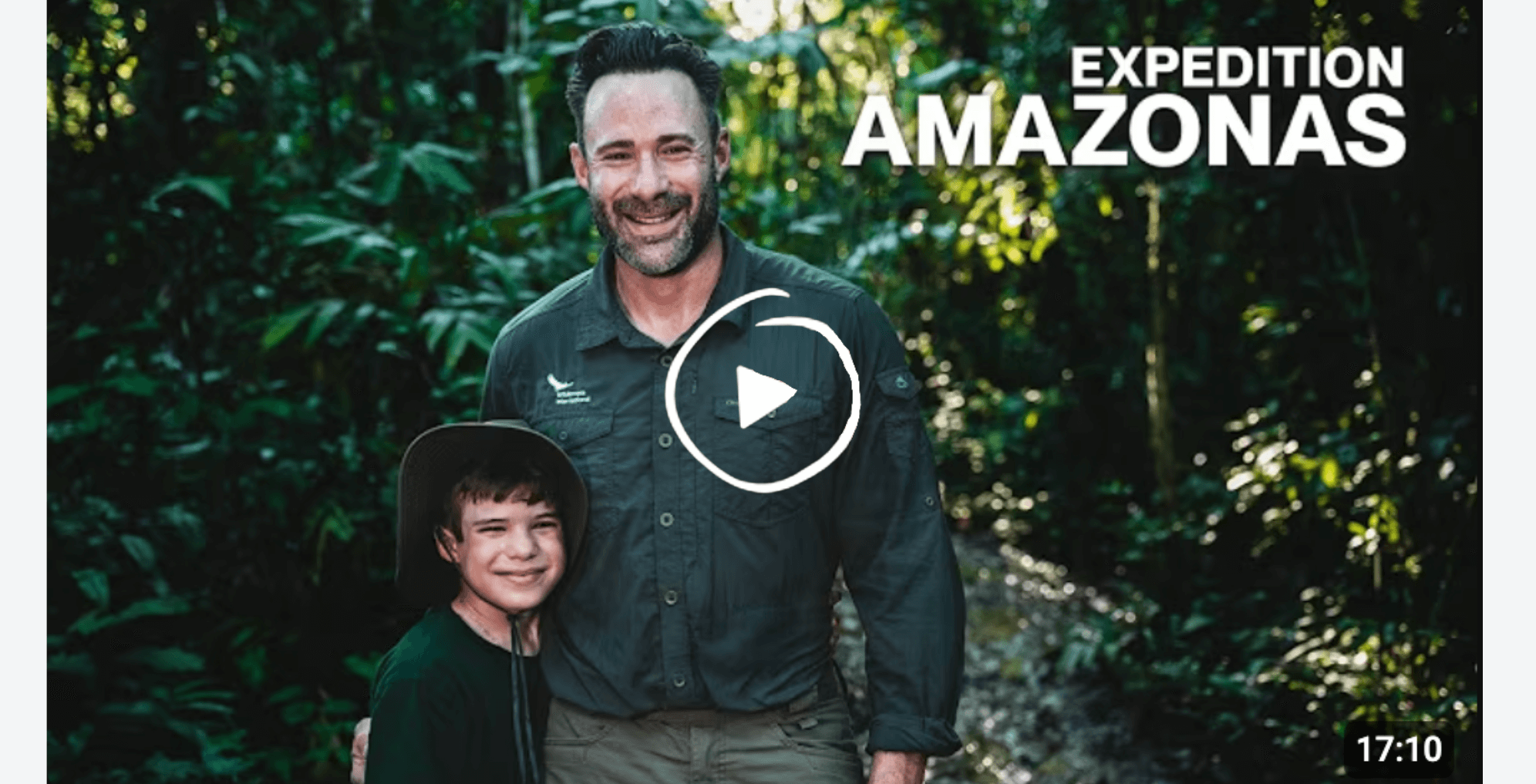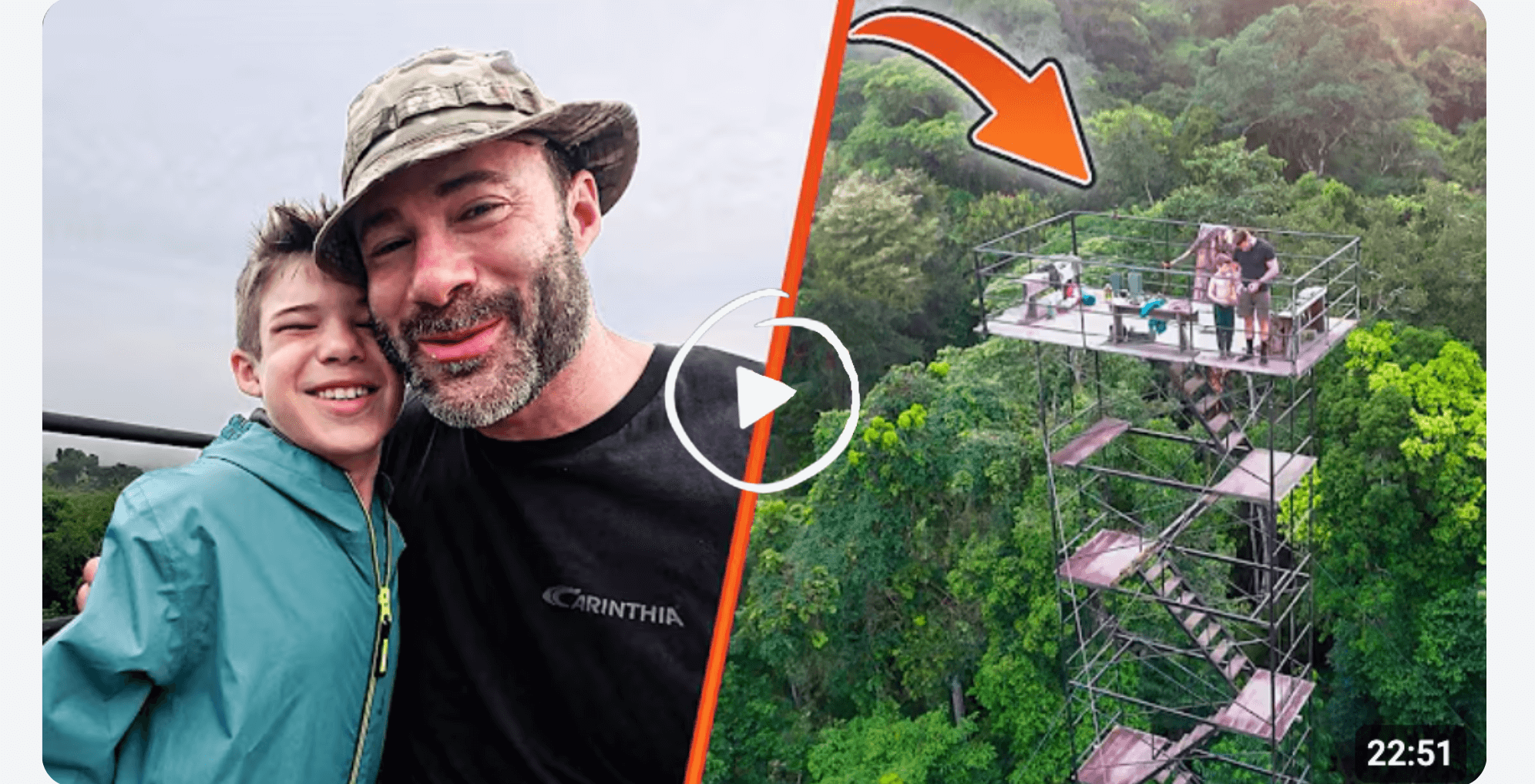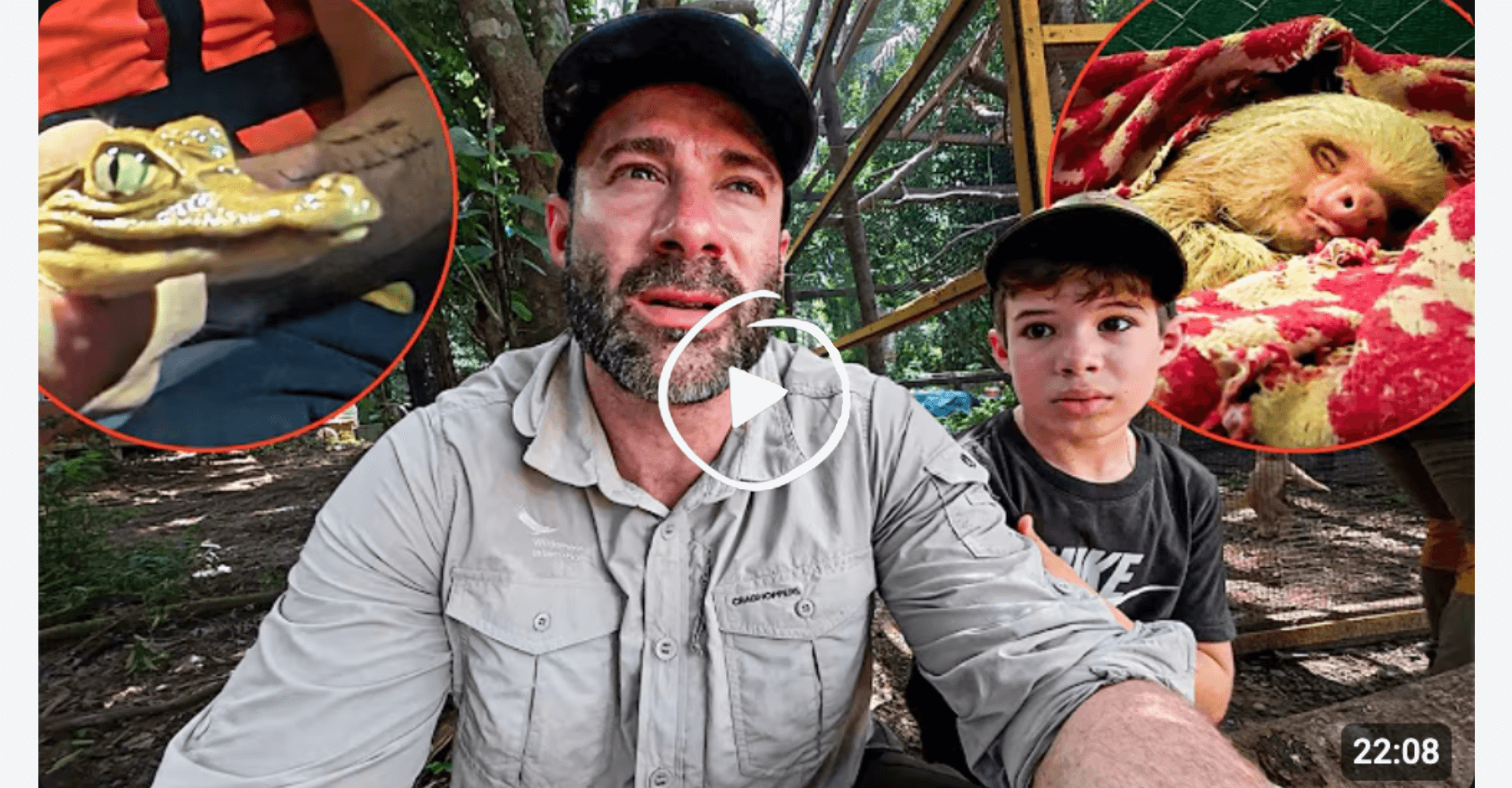OttoBulletproof Community Forest
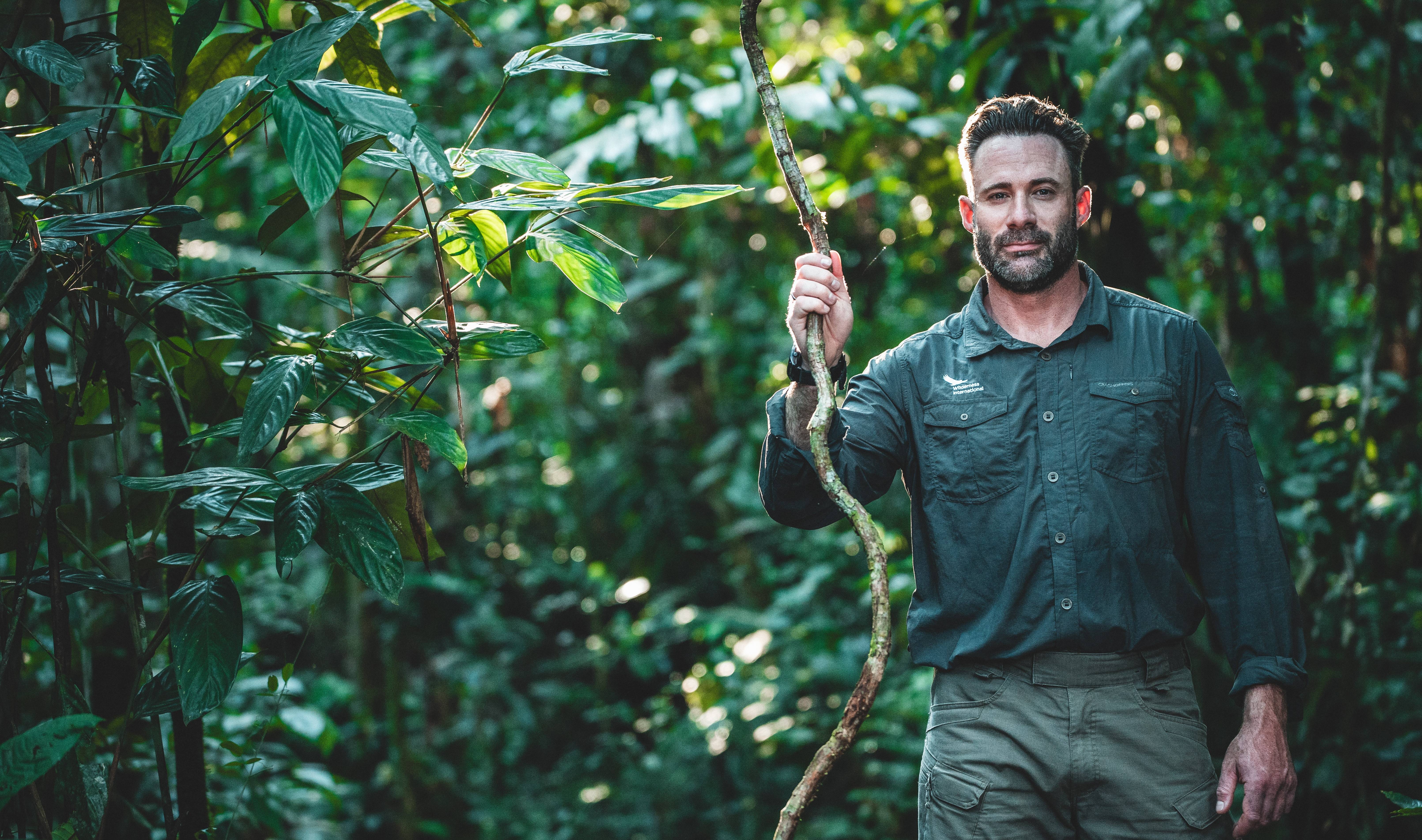
Off into new wilderness adventures!
Real wilderness is a great passion of Otto Bulletproof. But it is under threat in many places around the world. In 2024, Otto has already worked with Wilderness International to protect Canadian rainforest and protected 10,000 m2. In spring 2025, Otto visited our protected areas in the Amazon rainforest in Peru and now wants to preserve this fantastic place with YOU - forever.
Join in and protect your piece in the OttoBulletproof forest now - for yourself or as a gift!
I love everything green and therefore see it as my responsibility to protect the wilderness - for the future of our world and our children. The last intact rainforests are the green lungs of the planet and are essential for the preservation of biodiversity. Let's preserve them together for ourselves and future generations.
Otto Karasch
Content Creator & Wilderness Ambassador
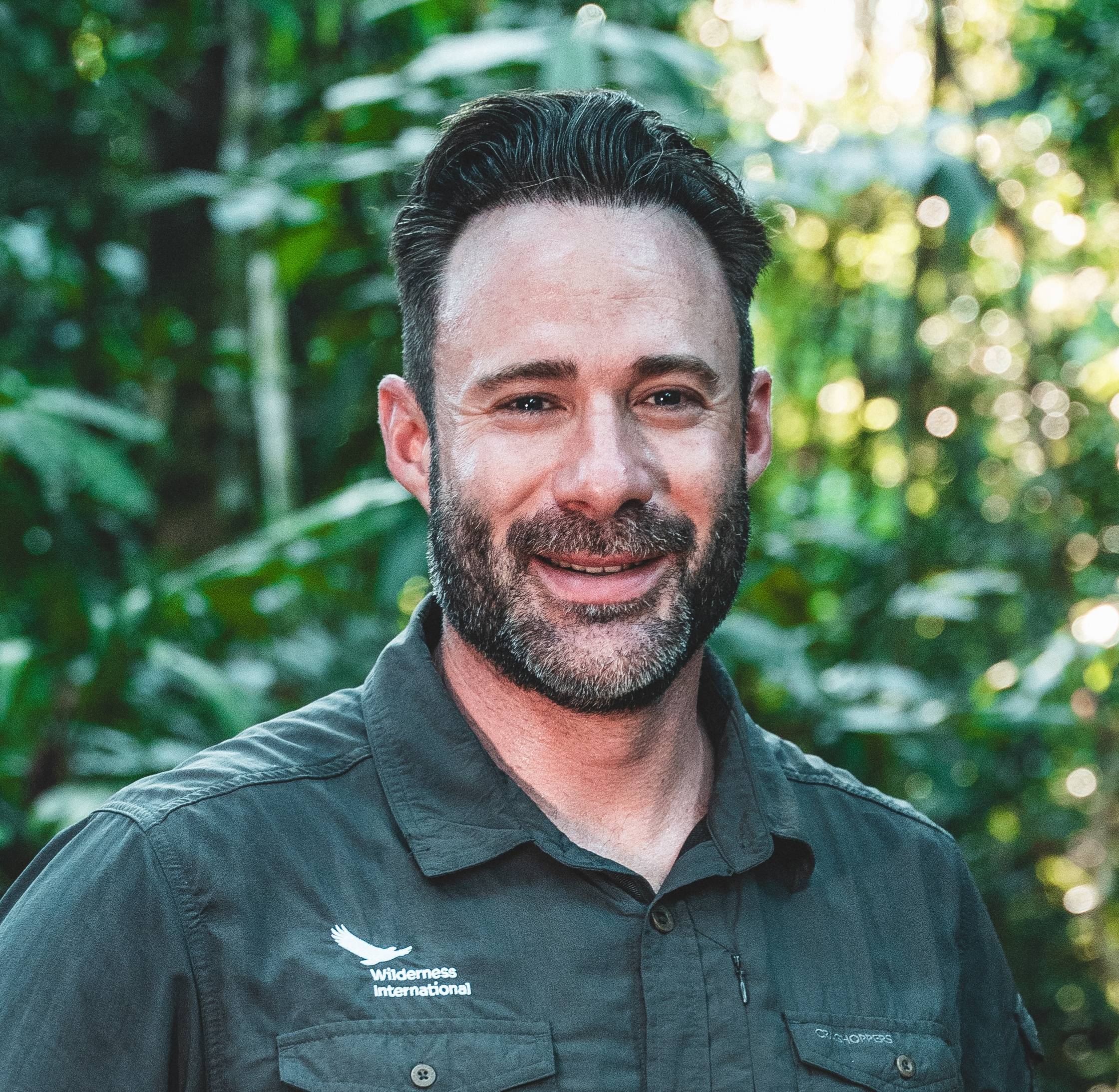
Every contribution counts!
We have a great vision: to protect the last real wilderness areas in our world forever!
To achieve this, we buy ecologically valuable and acutely endangered forest areas by land register entry in order to protect them in a legally secure, permanent and transparent manner. The purchases are refinanced by your donations and protected in the long term.
Your wilderness protection certificate - also a perfect gift
Immediately after your donation, you will receive a personalized certificate about the piece of wilderness you have protected. It also makes a great gift!
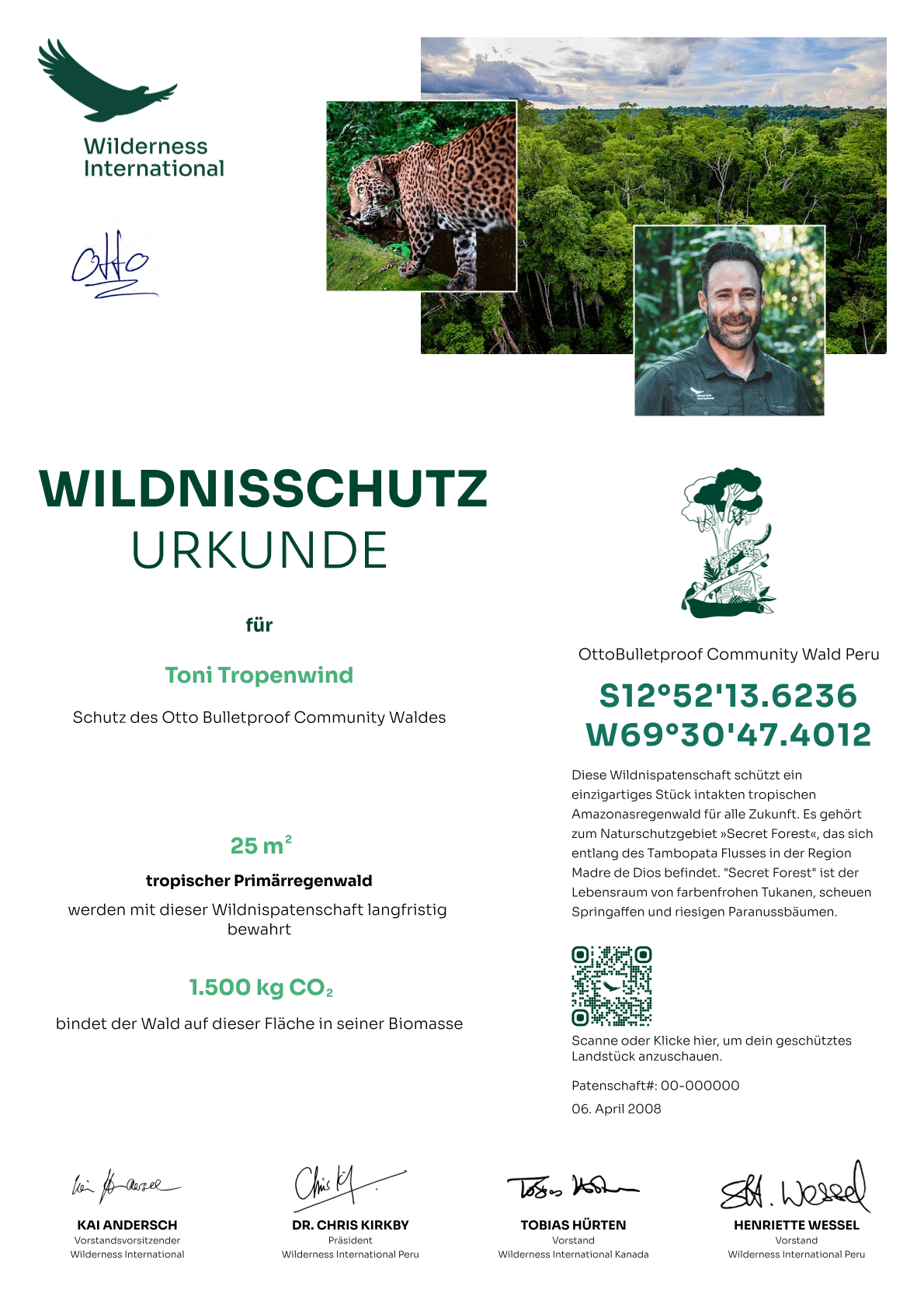
How you can protect forests:
Select size
Select the size of the forest area you want to protect in the donation form.
Fill in the donation form
Enter your details in the form to ensure that you receive all the information and the donation receipt.
Design certificate
Now you can personalize the certificate with your name or the name of the person you want to give the gift to. If you want, you can also add an occasion.
Receive certificate
You can download the certificate with the geocoordinates of your protected area directly after payment. It will also be sent to you by e-mail, together with a link that shows you your personal protected area on our online map down to the square meter.
The OttoBulletproof Community Forest in Peru
Otto protects 10,000 m2 of forest in Canada!
As part of YouTopia, Otto has already protected 10,000 m2 of temperate rainforest on Canada's west coast and preserved valuable habitats for numerous animal and plant species.
About Wilderness International
The foundation, based in Peru, Canada and Germany, purchases legally secure wilderness areas and protects them for all futures. The purchases are refinanced by donations that ensure the long-term protection of the areas and enable environmental education projects and research on CO2 storage and biodiversity.

FAQs

non-profit foundation under civil law
Suite 345, 108-4301B Southpark Drive
Stony Plain, AB, T7Z2A9
Canada
Registered Canadian Charitable number: 840904817 RR0001

